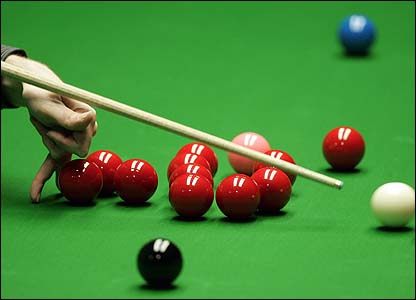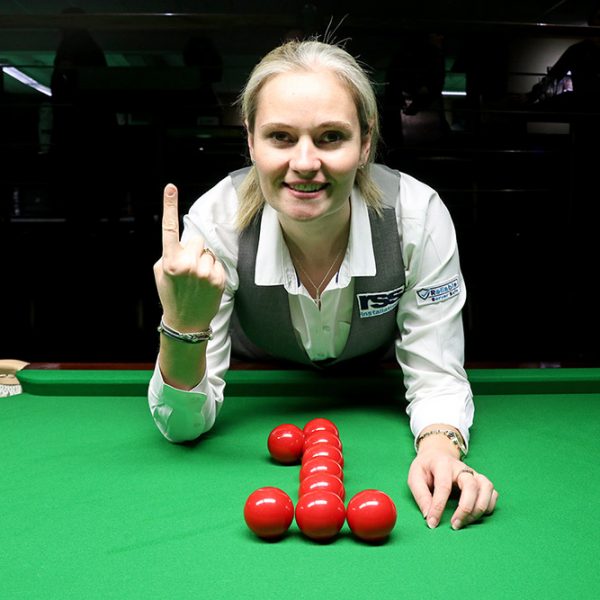
There are many types of pool cues. There are many different sizes and weights, so make sure you choose the right cue for your play style and skill level. Although it can be difficult to choose the right cue, it is possible. Here are some examples of pool cues.
The first thing to consider when buying a new pool cue is length. This is because shorter lengths will allow you to lift the cue higher during strokes and help clear overhead. A longer length, on the other hand will make it easier to control the stroke and handle the cue. A cue that is suitable for your arm length will also be important. If you are a tall child, for example, you will need a 48" or 52 inch pool cue. If you're an adult, you can choose a cue that's a bit longer, like a 61" cue.
Another consideration is the type of tip. Many pool cues come with a leather tip, while others have a layered one. A layered tip is more durable and consistent. Other options include nylon, suede or linen. It is crucial that tips are not too rough or greasy. They will eventually wear out so it is best to get a tip with a long life.

Next is the ferrule. The ferrule, which is located underneath the tip on the stick, protects your cue from any damage. Heavy balls can be handled better by pool cues equipped with nylon ferrules. They aren't as prone vibrating which can reduce your accuracy.
You should also inspect the joint of your cue. Most pool cues feature joints at half or three-quarters down the shaft. The easiest joints to access are those located closer to their center. Choosing a cue that has a central joint will also make it easier to store the cue.
If you're looking for a top-of-the-line pool cue, you'll want to look at the shaft. A pool cue with a high-quality shaft will typically cost you between $300-500. Popular shafts are available in brass and carbon fiber.
When it comes to materials, you'll find that some pool cues are made from hardwood. Maple is a traditional wood used in most American cues. You can also find exotic wood cues. Even if the price is lower, you should ensure that the material can withstand the weight of the cue ball.

The wrap of your pool cue must be smooth and even. It should have no raised or knotted areas. Some cues come without a wrap. However, you might prefer a customized design.
There are many factors to take into consideration when selecting a pool cue. A pool cue that is well-made will allow you to have the precision and power to accomplish your goals, regardless of whether you're a seasoned player or just beginning to play.